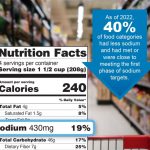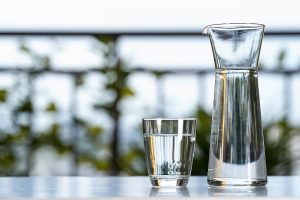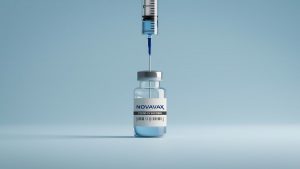
“Stealth” foods are sneaking saturated fat and added sugars into even the strictest diets, a new study shows. Most saturated fats and added sugars come from well-known sources – soft drinks, cheese, pizza, ice cream, cakes and pies. But even supposedly healthy foods like chicken breast and seafood or condiments like salad dressings and ketchup contain hidden amounts of saturated fats and sugars, researchers reported recently in the journal Nutrients. Such popular and generally healthy sources make it difficult for people to limit fat and sugar to the recommended 10% of daily calories, researchers said. “Chicken breast is promoted as a lower saturated fat food, but it still has a little bit of saturated fat,” said lead researcher Christopher Taylor, director of medical dietetics at Ohio State University. “It is helpful to know how foods with smaller amounts also slowly add saturated fat in a stealthy way into the diet.” “Being able to meet less than 10% is to identify the big contributors, but also to be able to see where saturated fat and added sugar may still exist in other food choices,” Taylor added. “It doesn’t make them poor choices – it’s about being aware of how the morning latte may be contributing.” For the study, researchers analyzed data on more than 36,000 U.S. adults who participated in a federal nutrition survey between 2005… read on > read on >













-150x150.jpeg)
























